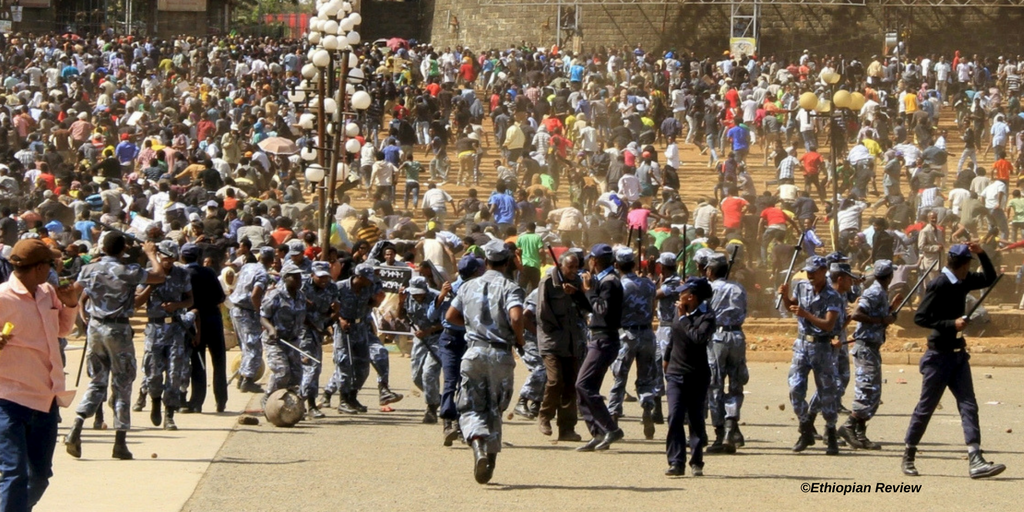Ethiopian forces burnt homes, shot dead and raped civilians-Amnesty

Despite been crowned the Nobel Peace Prize recipient in 2019, Ethiopia’s Aby Ahmed administration has presided over gross human rights violations, rape, arbitrary arrests and extrajudicial executions, the rights group Amnesty International has said.
A report released by Amnesty Friday points to a wave of human rights violations perpetrated by Ethiopian security forces from December 2018 to the same time in 2019 in response to inter-communal violence in Oromia and Amhara regions.
The report, Beyond law enforcement: human rights violations by Ethiopian security forces in Amhara and Oromia, documents various instances in which security forces in Horn of Africa’s most populous nation are alleged to have ‘committed horrendous human rights violations including burning homes to the ground, extrajudicial executions, rape, arbitrary arrests and detentions, sometimes of entire families’.
ATROCIOUS ACTS
Amnesty International director for East and Southern Africa Deprose Muchena noted though Ethiopian authorities had taken steps to change the country’s bleak human rights records, it was unacceptable to allow commission of such atrocious acts.
“The Ethiopian authorities have made notable progress in changing the country’s bleak human rights record. However, it is unacceptable that the security forces should be allowed to carry on committing human rights violations with impunity,” said Muchena.
In one of the instances of extra judicial execution, the report says, security forces killed at least 39 people in Oromia region including 17-year old Seid Sheriff who was shot in the head outside a café in Harqelo, Goro Dola for allegedly alerting a motor-bike driver of an impending arrest.
BURNED HOMES
The authorities must immediately stop these horrific killings, Amnesty said calling for legal action against all those behind ‘these callous and brutal acts.’
Since March 2019, the report says, security forces have forcibly evicted 60 families from Oromia’s East and West Guji zones by burning down homes, often while families were inside, leaving them stranded homeless.
Amnesty added it also confirmed that another 300 families were forcibly relocated from their rural homes into peri-urban areas leaving being everything – household items, harvests and crops on farms.
GOOBJOOG NEWS